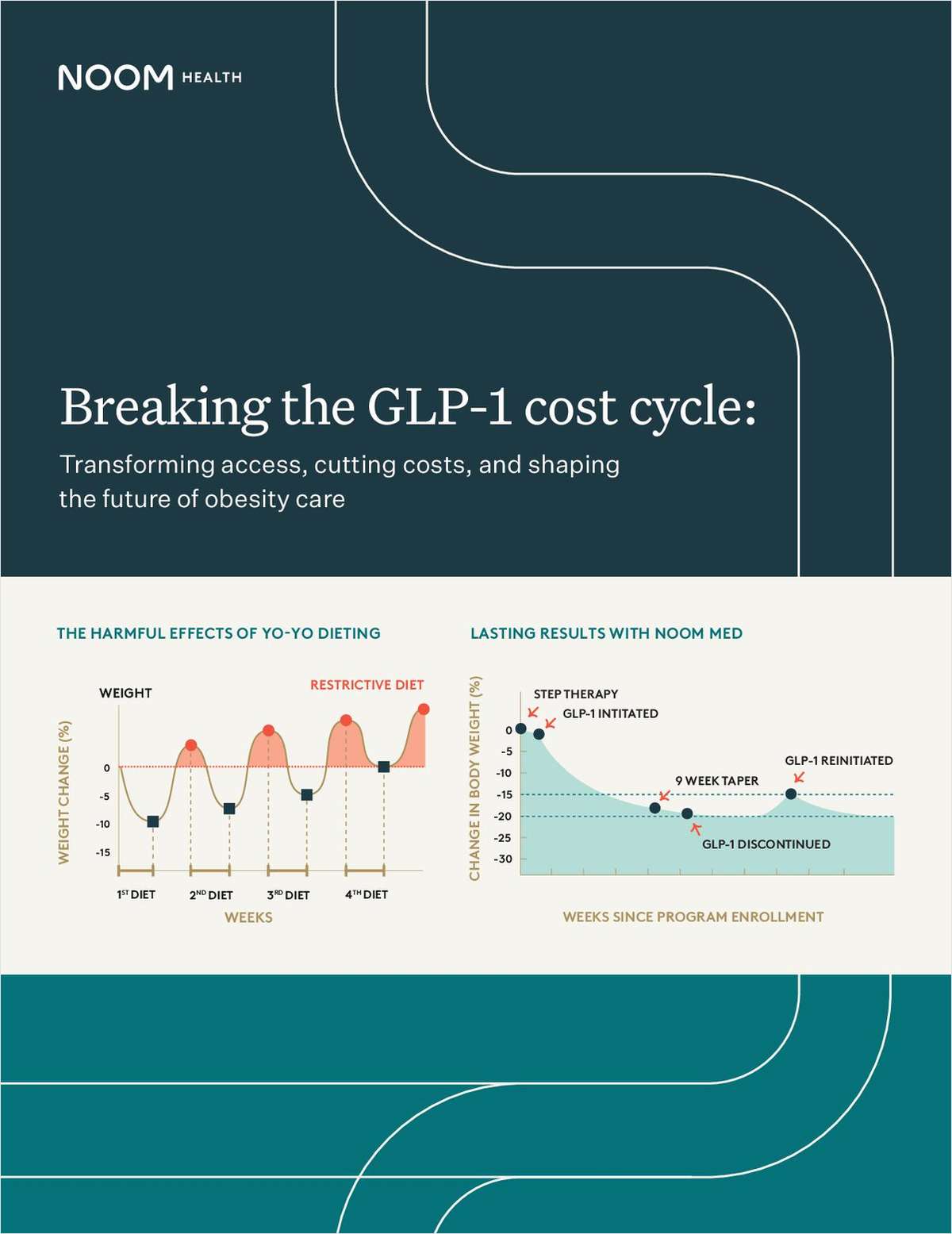New Law Protects Home Care Recipients From Surprise Employer Obligations
With millions of people relying on home care to help senior loved ones age at home, many families have unwittingly taken on the role of employer by…
November 12, 2017 at 12:25 PM
5 minute read
 Matthew Hallisey, left, of Matthew Hallisey Government Affairs and Sami Asaad of McCarter & English
Matthew Hallisey, left, of Matthew Hallisey Government Affairs and Sami Asaad of McCarter & English
With millions of people relying on home care to help senior loved ones age at home, many families have unwittingly taken on the role of employer by directly hiring a homemaker-companion (or other caregiver), often with the assistance of a home care registry or other referral agency. Although the family might consider the caregiver as just another contractor—like a plumber or electrician—Connecticut and federal laws generally regard the caregiver as the family's employee. Therefore, the family may be liable for taxes, Social Security, unemployment and workers' compensation insurance and other financial obligations. Not only are most people not aware of this liability, until Oct. 1, state law did not require registries to inform consumers until four days after placing the caregiver with the consumer.
To protect unsuspecting consumers, Public Act 17-53 changed the law, effective Oct. 1, 2017, to require homemaker-companion registries to give consumers a written notice of legal liability before supplying, referring, or placing an individual homemaker or companion with a consumer. The services cannot commence until the registry receives a signed copy of the notice from the consumer, unless a bona fide emergency exists and the registry details the specific nature of the emergency on a form approved by the Department of Consumer Protection and signed by the consumer or his or her authorized representative. If such an emergency exists, the four-day deadline in current law applies. The act also requires that the notice be featured prominently in boldface type.
The relatively simple amendments to Conn. Gen. Stat. §20-679a could have a profound impact on consumers. In general, consumers have two options for procuring home care: Contract with a home care company, which employs and supervises the caregiver it sends to the consumer's home; or hire the caregiver directly, either through a registry or some other referral source. Because home care companies employ their caregivers, and are therefore subject to state and federal wage-and-hour rules, workers' compensation, unemployment and tax withholdings, they generally charge more for their services than registries do. Registries, which neither employ nor supervise caregivers, typically charge less because the consumer is taking on the liabilities and obligations of an employer. See “Not All Home Care Is Created Equal,” Conn. Law Tribune, Vol. 36, No. 3 (Jan. 18, 2010).
While it is not clear how much consumers know about the liability that comes with becoming an employer, anecdotal evidence suggests consumers are much more likely to consider upfront costs than any other factor. Home care companies indicate that one of the first questions asked by prospective clients is about such costs. For people on fixed incomes, including seniors, the cost of home care can be especially important. However, focusing on cost might blind consumers to the potential exposure that comes with becoming an employer, and they may ultimately end up paying a higher price for not being aware of the liability they incur when hiring a caregiver to provide companionship and home care services.
Consider the case of Latimer v. Administrator, Unemployment Compensation Act, 216 Conn. 237 (1990). Walter Latimer was 88 years old when he suffered a stroke, following which he required 24-hour assistance with activities of daily living. With the help of a registry, Latimer hired certified nurse's aides and certified home health aides, which he believed to be “contractors” for tax and other purposes. Accordingly, he did not pay unemployment contributions for any of the aides. The administrator of the Connecticut Unemployment Compensation Act disagreed with Latimer's position and made an assessment for unpaid contributions. The case was appealed to the Connecticut Supreme Court, which agreed with the administrator and found that the aides were, indeed, Latimer's employees.
In recognizing the potential liability, the Legislature enacted Public Act 17-53 to protect unsuspecting consumers by providing advance notice of the potential liability in being recognized as a caregiver's employer. Legislators did, however, balance these consumer protections against protecting the private marketplace that allows registries and referral agencies to conduct business. Several policy reasons helped Public Act 17-53 become law:
- Assumption of risk should be a choice. While cost is a factor in the buying process, knowing why something is less expensive is critical to making an informed decision. Discovering that you have unwittingly become an employer together with all the risk, responsibilities and liabilities, along with unforeseen costs of taxes and insurance after making a selection of provider is the opposite of “consumer protection.” Notifying the consumer after the commencement of services forces the consumer to choose between taking a chance that none of the possible risks will happen to him or her or starting the whole selection process over again.
- State policy. The new law is consistent with other consumer protection laws that inform the consumer in advance of any potential liability. Very few commercial transactions result in consumers assuming the liabilities of the business with whom they are dealing.
- Precedent and prior practices. In 2015, the Legislature approved and the governor signed into law Public Act 15-230, which reduced the time of notice from seven to four calendar days after a registry supplies, refers or places a caregiver with the consumer. In 2011, a provision substantially similar to what became law in 2017 would have required notice to the consumer before commencement of services; it was approved in committee but later removed by amendment.
Sami Asaad is with McCarter & English, in Hartford, where he represents home care companies and other employers as a member of the firm's labor and employment group. Matthew Hallisey, also an attorney, is managing principal of Matthew Hallisey Government Affairs, LLC, in Hartford. He represents the Home Care Association of America in legislative lobbying in Connecticut.
This content has been archived. It is available through our partners, LexisNexis® and Bloomberg Law.
To view this content, please continue to their sites.
Not a Lexis Subscriber?
Subscribe Now
Not a Bloomberg Law Subscriber?
Subscribe Now
NOT FOR REPRINT
© 2025 ALM Global, LLC, All Rights Reserved. Request academic re-use from www.copyright.com. All other uses, submit a request to [email protected]. For more information visit Asset & Logo Licensing.
You Might Like
View All
ADVANCE Act Offers Conn. Opportunity to Enhance Carbon-Free Energy and Improve Reliability With Advanced Nuclear Technologies

Trending Stories
- 1Trump's DOJ Files Lawsuit Seeking to Block $14B Tech Merger
- 2'No Retributive Actions,' Kash Patel Pledges if Confirmed to FBI
- 3Justice Department Sues to Block $14 Billion Juniper Buyout by Hewlett Packard Enterprise
- 4A Texas Lawyer Just Rose to the Trump Administration
- 5Hogan Lovells Hires White & Case Corporate and Finance Team in Italy
Who Got The Work
J. Brugh Lower of Gibbons has entered an appearance for industrial equipment supplier Devco Corporation in a pending trademark infringement lawsuit. The suit, accusing the defendant of selling knock-off Graco products, was filed Dec. 18 in New Jersey District Court by Rivkin Radler on behalf of Graco Inc. and Graco Minnesota. The case, assigned to U.S. District Judge Zahid N. Quraishi, is 3:24-cv-11294, Graco Inc. et al v. Devco Corporation.
Who Got The Work
Rebecca Maller-Stein and Kent A. Yalowitz of Arnold & Porter Kaye Scholer have entered their appearances for Hanaco Venture Capital and its executives, Lior Prosor and David Frankel, in a pending securities lawsuit. The action, filed on Dec. 24 in New York Southern District Court by Zell, Aron & Co. on behalf of Goldeneye Advisors, accuses the defendants of negligently and fraudulently managing the plaintiff's $1 million investment. The case, assigned to U.S. District Judge Vernon S. Broderick, is 1:24-cv-09918, Goldeneye Advisors, LLC v. Hanaco Venture Capital, Ltd. et al.
Who Got The Work
Attorneys from A&O Shearman has stepped in as defense counsel for Toronto-Dominion Bank and other defendants in a pending securities class action. The suit, filed Dec. 11 in New York Southern District Court by Bleichmar Fonti & Auld, accuses the defendants of concealing the bank's 'pervasive' deficiencies in regards to its compliance with the Bank Secrecy Act and the quality of its anti-money laundering controls. The case, assigned to U.S. District Judge Arun Subramanian, is 1:24-cv-09445, Gonzalez v. The Toronto-Dominion Bank et al.
Who Got The Work
Crown Castle International, a Pennsylvania company providing shared communications infrastructure, has turned to Luke D. Wolf of Gordon Rees Scully Mansukhani to fend off a pending breach-of-contract lawsuit. The court action, filed Nov. 25 in Michigan Eastern District Court by Hooper Hathaway PC on behalf of The Town Residences LLC, accuses Crown Castle of failing to transfer approximately $30,000 in utility payments from T-Mobile in breach of a roof-top lease and assignment agreement. The case, assigned to U.S. District Judge Susan K. Declercq, is 2:24-cv-13131, The Town Residences LLC v. T-Mobile US, Inc. et al.
Who Got The Work
Wilfred P. Coronato and Daniel M. Schwartz of McCarter & English have stepped in as defense counsel to Electrolux Home Products Inc. in a pending product liability lawsuit. The court action, filed Nov. 26 in New York Eastern District Court by Poulos Lopiccolo PC and Nagel Rice LLP on behalf of David Stern, alleges that the defendant's refrigerators’ drawers and shelving repeatedly break and fall apart within months after purchase. The case, assigned to U.S. District Judge Joan M. Azrack, is 2:24-cv-08204, Stern v. Electrolux Home Products, Inc.
Featured Firms
Law Offices of Gary Martin Hays & Associates, P.C.
(470) 294-1674
Law Offices of Mark E. Salomone
(857) 444-6468
Smith & Hassler
(713) 739-1250












